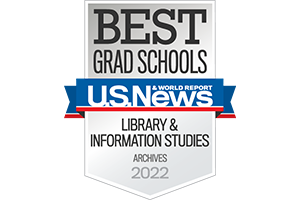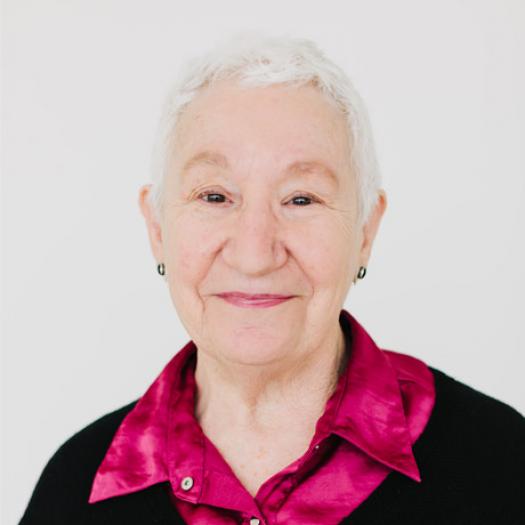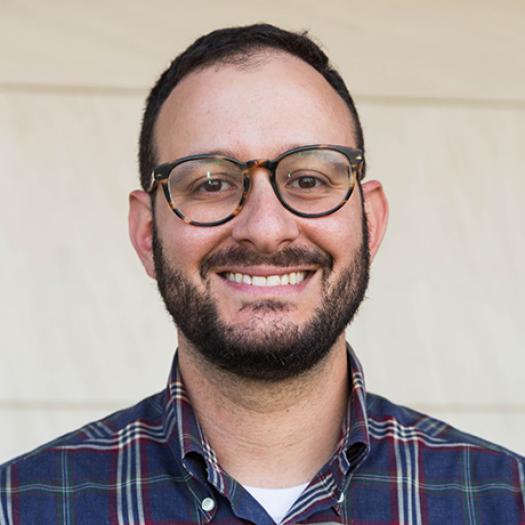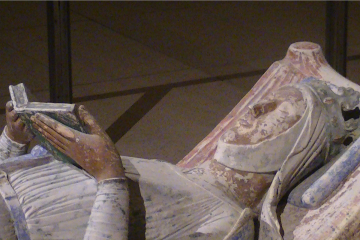Library and Information Science: Archives Management Concentration
Our Master of Library and Information Science (MS): Archives Management Concentration at Simmons University helps students gain knowledge in collecting, appraising and preserving documents and materials found in manuscripts, moving images and photographs, oral-history recordings, multimedia, government records and literary correspondence.
Archivists are in high demand as society becomes more concerned with preserving our heritage. We know you've done your research. So you probably know that Simmons has the #1 ranked Archives Management program in the country — but is it right for you?
Because of our location in historic New England, we offer our students access to unique resources for study and research not found in other parts of the country. Our students go onto successful careers as processing, reference, digital assets and preservationist archivists.
The Master’s in Library Science: Archives Management Concentration can be completed entirely online. In addition to face-to-face classroom options in Boston and at SLIS West (Greenfield and Amherst, Massachusetts), students can embark on a blended approach, combining online and face-to-face courses that meet their academic needs.
Why study in the Archives Management Concentration?
The archival profession has been growing steadily as the number of records and the knowledge and social consciousness about saving them have increased. You'll establish and maintain proper repositories in public and private organizations — such as public archives, colleges and universities, museums and cultural heritage sites, photographic and film collections, public libraries, foundations, government agencies and corporations.

Ranked among the best
Simmons University is ranked #1 for Archives and Preservation by U.S. News and World Report.
What will you learn?
The Master's in Library and Information Science with Archives Management Concentration is a 36-credit program that imparts the concepts and competencies needed for archival positions in a variety of settings. In addition to three core courses in library and information science, Archives Management students take five core courses in areas such as archival arrangement and description, archives management, archival access, and managing electronic records.
All students complete one 60-hour internship in an archival setting as part of the curriculum. To fulfill the additional semester hours required for the degree, Archives Management concentrators work with their advisor to design a program to meet individual backgrounds and goals, which can include electives from across the library and information science curriculum.
What can you do with an Archives Management Concentration?
Students who graduate with the Archives Management Concentration find employment in archives of all kinds. Opportunities include:
- Processing Archivist: Arrange archival materials in folders and boxes, and create finding aids that describe the contents of a collection.
- Reference Archivist: Assist researchers in finding relevant materials.
- Digital Assets Archivist: Manage the digital holdings of an archive, including digital photographs and computer files. Digitize important collections and maintain online access to these materials.
- Preservationist: Specialize in protecting archival materials from the damage that can arise from weather, environmental conditions, natural disasters, and age.
- Outreach Archivist: Increase outreach to undeserved and expanded communities through partnership, collaboration, and programming.
Graduates of our archives program also go on to work in a variety of settings such as:
- University Archives
- Special Collections
- Government Archives
- Historical Societies
- Corporate Archives
Learn more about our Archives Management Concentration!
Take advantage of Boston while taking library science and archives degree courses on a flexible schedule, with classes held on days, nights, and weekends. Or, join Simmons from far away—the option to complete the degree online provides the utmost flexibility for students from every corner of the world. Ready find out more about the Master of Library and Information Science with a concentration in Archives Management at Simmons? Request more information today!











